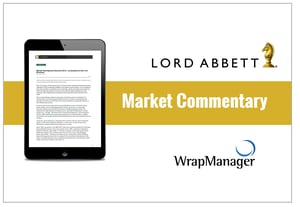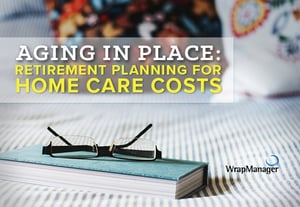One of the reasons investing gets confusing for most people is that there are too many rules, requirements, products/options, and terms. The website “Investopedia” claims to have a “comprehensive financial dictionary with over 13,000 terms and counting.” Insanity!
The world of retirement planning – which is just a subset of investing – is not much better. But the definitions do matter. A 401(k) withdrawal, for example, could mean paying penalties and taxes that could cost you dearly if done wrong, or done at the wrong time. A 401(k) rollover, on the other hand, could provide you with several benefits and advantages for moving your retirement plan in the right direction.
In this case, a single word makes all the difference – and not knowing it could cost you.
[+] Read MoreRetirement Planning Wealth Management Investment Planning 401k


















